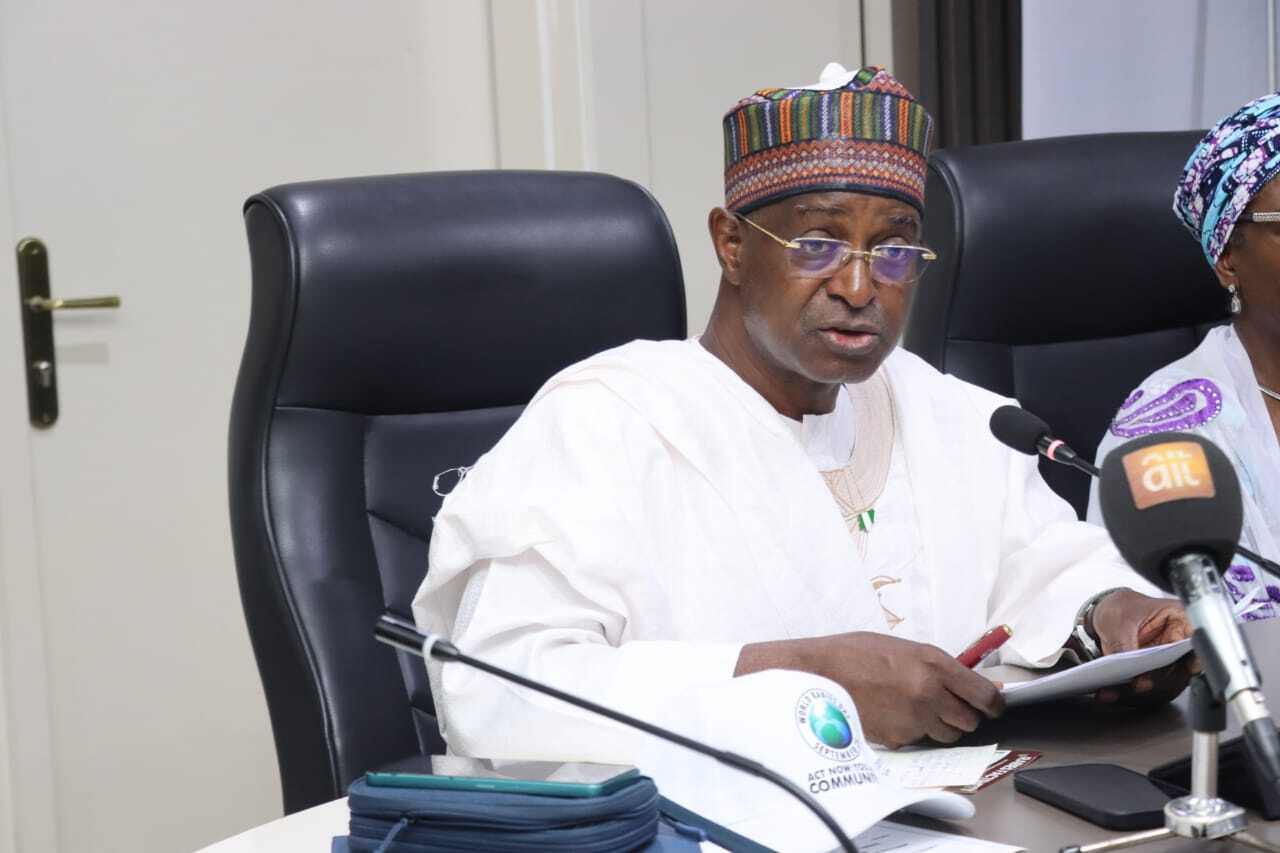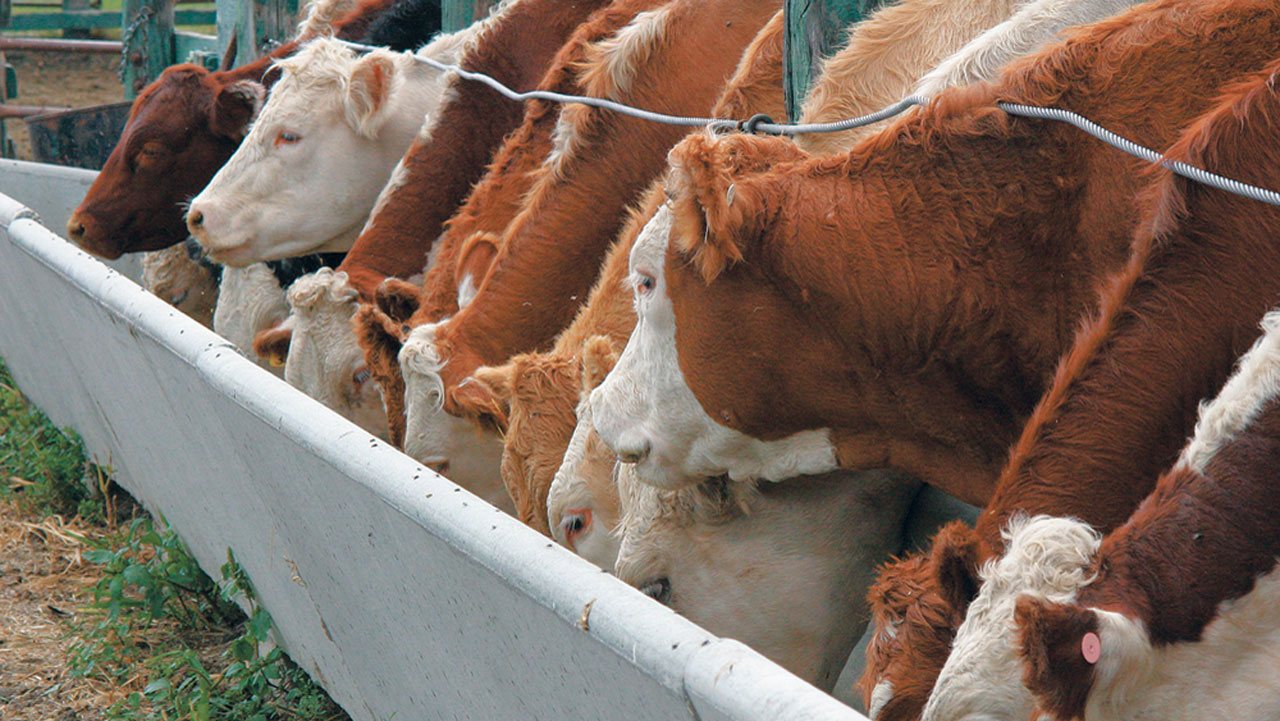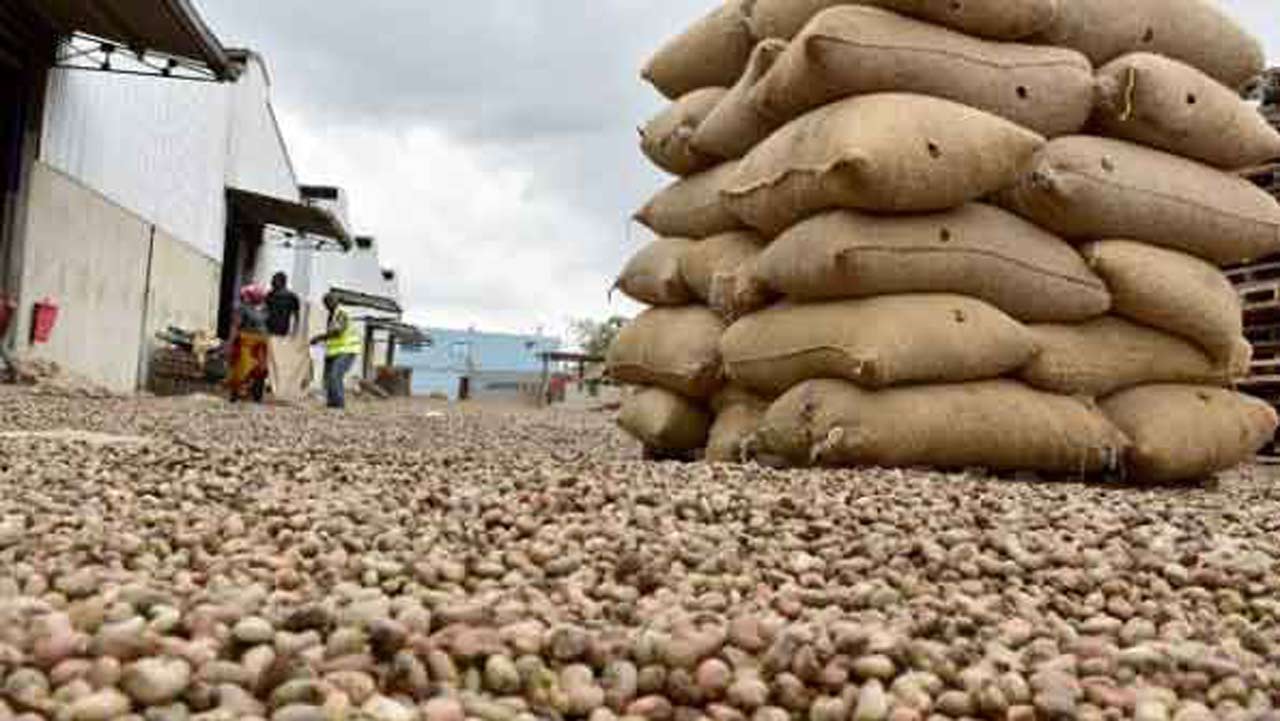As part of efforts towards guiding young people to the opportunities available in the agriculture value chain, experts have trained a select group of people on new farming technologies and methods, as well as investment opportunities in the sector.
The one-day seminar, organised by the Rose of Sharon Foundation Youth Empowerment Programme (YEP) was themed: “Technology, Innovation, Financial Management and Investment: The key Interplay for Career Growth and Sustainability.” This was the second edition of the programme and the focus was exploring investment opportunities in agriculture and innovative farming technology.
Country Manager for the foundation, Dr. Ndudi Bowei, said the training was timely at this point in time, as agriculture has become one of the surest ways for young people to get engaged and make a living.
She urged the participants to set targets and clear goals, as well as embrace sacrifice, determination, self-motivation and discipline to succeed.
On hand to guide the participants on practical steps to begin and grow in this sector, the CEO, Greenfield Agro-Allied Consult and Farming Systems Limited, Olusegun Durojaiye, said young people must spearhead the nation’s agricultural revitalisation and enhance food security.
Expressing worry over the current food insecurity being experienced in the country and predicting increased hunger next year from food shortages, he said Nigeria’s agricultural industry is faced with challenges of limited production capacities, which make farming increasingly complicated.
“These problems have far-reaching consequences for our global food security, the environment and the socioeconomic well-being of rural communities and farmers, who are the backbone of our food supply, must maneuver these issues and adapt to changes, while innovating to stay afloat.
Advocating for Innovative farming processes, he said it will improve effectiveness and sustainability, as well as contribute to food security. The processes include vertical farming; AI agriculture drones; precision farming; robotics; smart irrigation systems; hydroponics and soilless farming.
During his session, Chief Agricultural Engineer, Lower Niger River Basin Development Authority, Ilorin, Kwara State, Olajide Abel Adeboye, said that by 2050, global food production needs to increase by 60 per cent in order to cover the future demand for food. Adding that cost and demand for energy in agriculture will rise, he said current food supply cannot meet demand.
“Making our food systems more sustainable will depend on innovative tools and approaches being developed and deployed around the world and they must be economically, socially and environmentally sustainable.”
Regretting that land area available for agriculture is reducing everyday due to a number of mostly man-caused and some natural factors, he said innovative methods of farming is the only way forward. Urging farm automation, green house agriculture (hydroponics, aquaponics, soil based greenhouse) and plastic mulching among others, he said they have numerous benefits.
Global population is expanding and increasing at an alarming and breathtaking pace. Hence, innovations in agriculture have become necessary to ensure the survival of our species.






